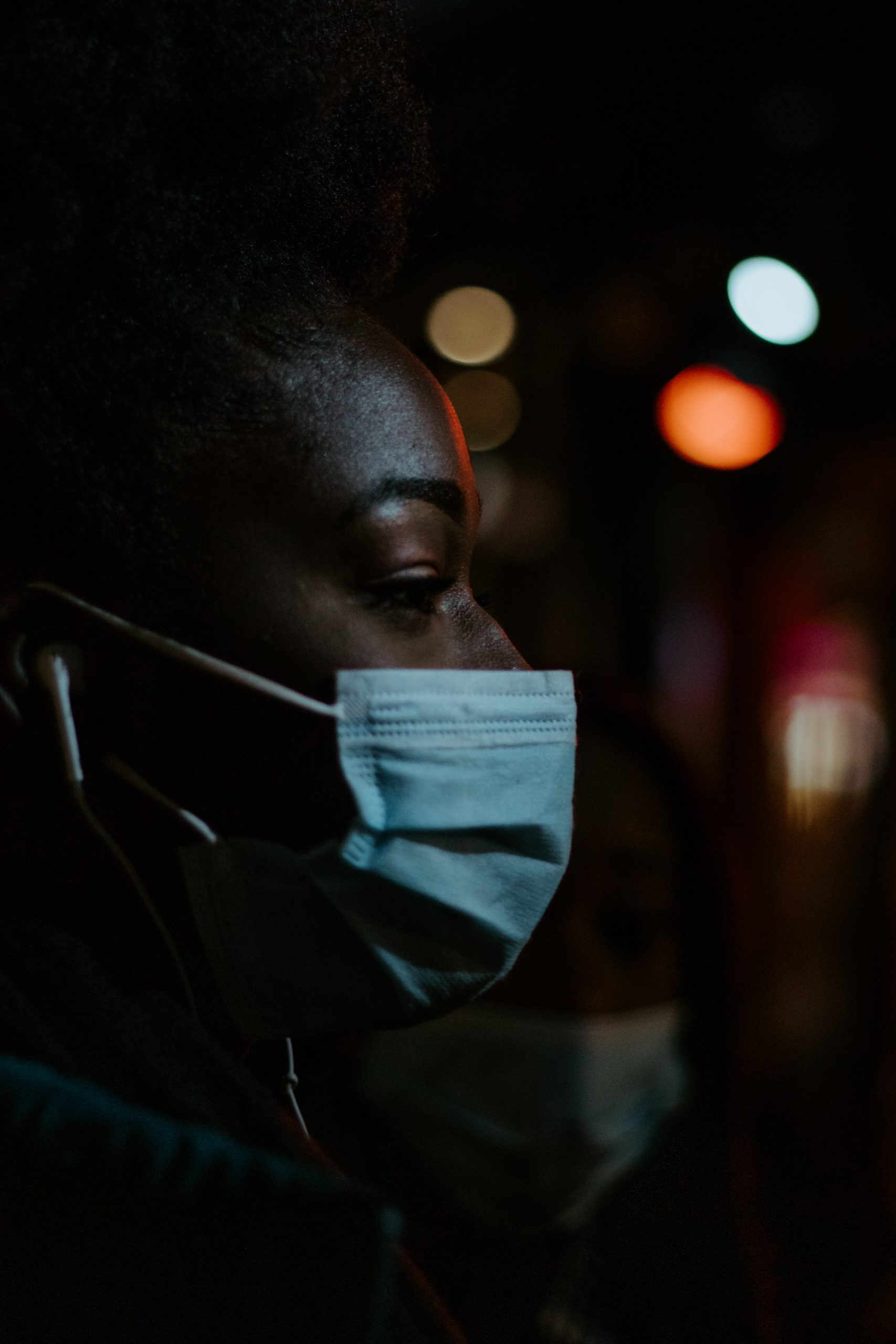
World Hemophilia Day: maintaining quality care during the COVID-19 pandemic
In recognition of the impact the COVID-19 pandemic is having on patients, carers and healthcare professionals, the theme of this year’s World Hemophilia Day was ‘Adapting to change: sustaining care in a new world’
Challenges
It has been shown that people with bleeding disorders are not at greater risk of contracting COVID-19 or developing severe COVID-19 infection than the general population. However, the shift in focus of healthcare systems and resources to COVID-19 patients has meant that accessing the usual standard of care for haemophilia has been problematic in many countries.
COVID-19-associated coagulopathy has also emerged as a factor in patients with severe COVID-19 infection, which presents additional management challenges in people with haemophilia who may require both haemostatic and anticoagulant treatments.
Home treatments
Face-to-face access to haemophilia treatment centres (HTCs) and other healthcare facilities has been curtailed to reduce the risk of COVID-19 infection. This has affected the delivery of replacement therapies and immune tolerance induction treatment, consultations, medical follow up and laboratory testing.
However, HTCs have risen to the challenge, increasing the use of telemedicine for consultations and apps for treatment monitoring, and moving to home treatment with factor replacement therapy, where feasible.
In more remote regions and for those without online access, organisations have found new ways to support people with bleeding disorders such as using video tutorials on self-infusion and distributing personal protective equipment.
Vaccination considerations
The arrival of COVID-19 vaccines brings hope for people with bleeding disorders – and presents challenges.
Vaccination is generally recommended for adults with haemophilia and other bleeding disorders. However, precautions may be necessary for patients to receive a COVID19 vaccine intramuscularly while reducing the risk of a bleed.
Together, the World Federation of Hemophilia, European Association for Haemophilia and Allied Disorders, European Haemophilia Consortium and US National Hemophilia Foundation have provided practical guidance on topics such as potential haemostatic precautions, using the smallest gauge needle possible, and monitoring. This guidance, and continuing conversations between physicians and patients, will hopefully reassure and encourage people with bleeding disorders to have their COVID jabs.
Outlook
Along with the hope that COVID-19 vaccines will allow societies to return to some semblance of normality in the near future, questions remain on how far reaching the changes to the management of bleeding disorders will be and what effects these changes will have on patients, carers and healthcare professionals over the longer term.
Each year the World Federation of Hemophilia brings the bleeding disorders community together on 17 April for World Hemophilia Day to reaffirm their vision of ‘Treatment for All’.
At Bioscript, we are proud to support our clients in the haemophilia therapy area. If you would like to know more about our experience in haemophilia and other bleeding disorders, please get in touch.



